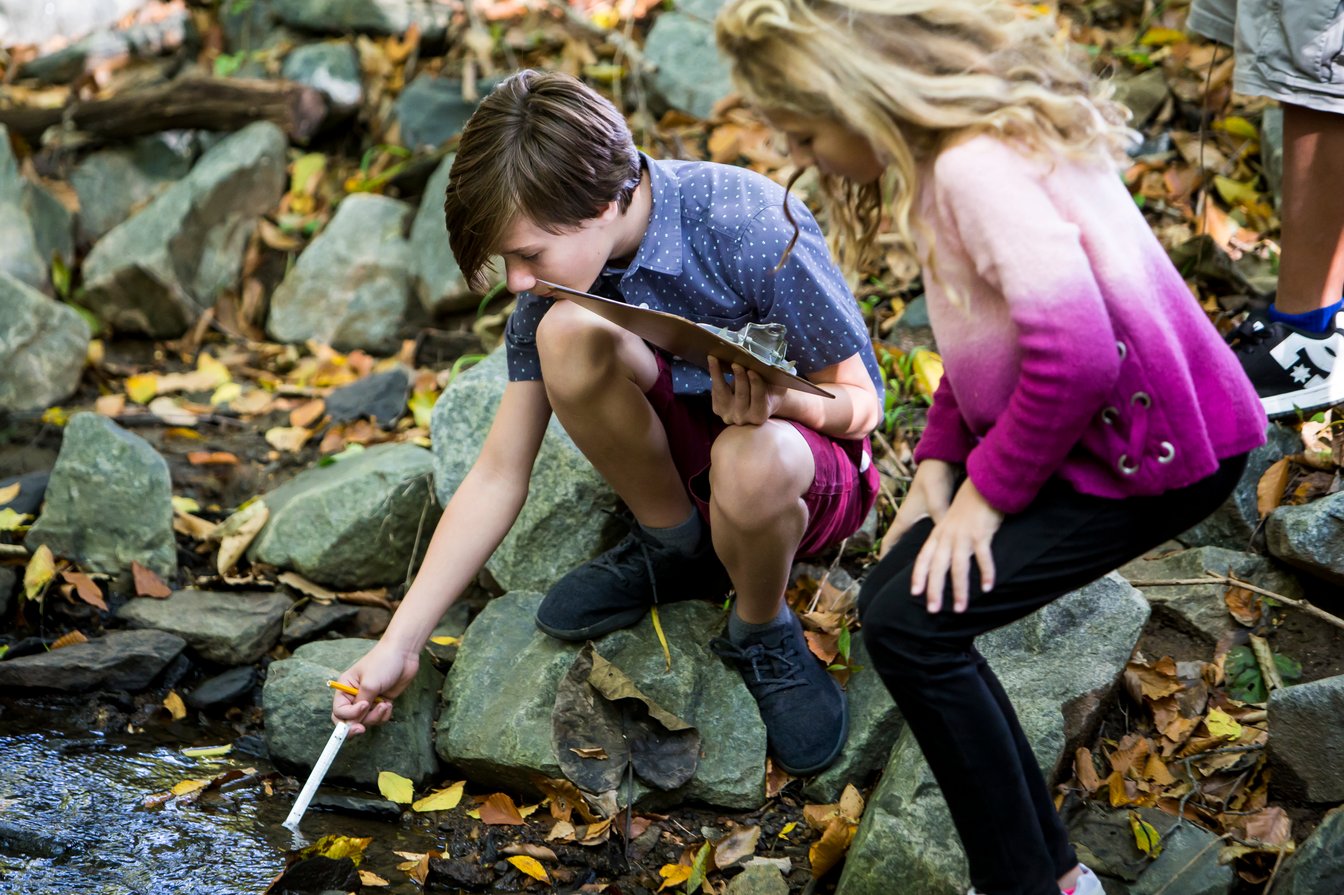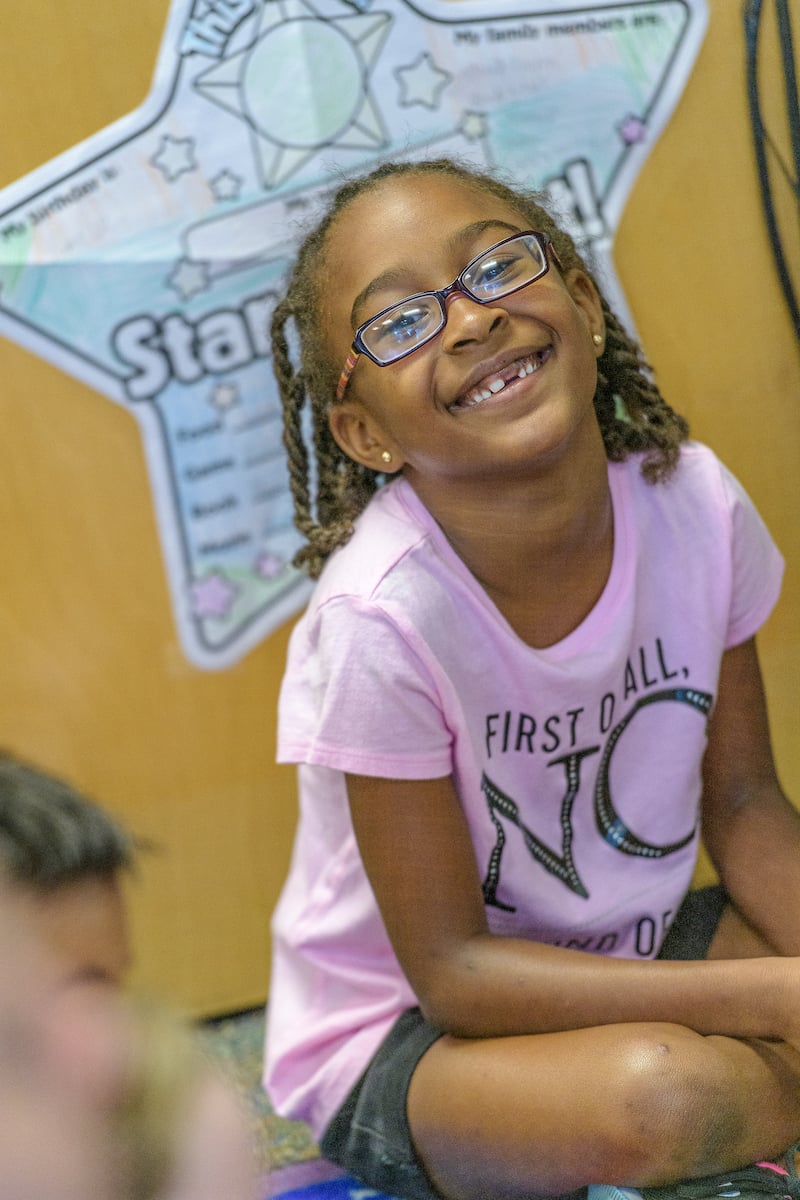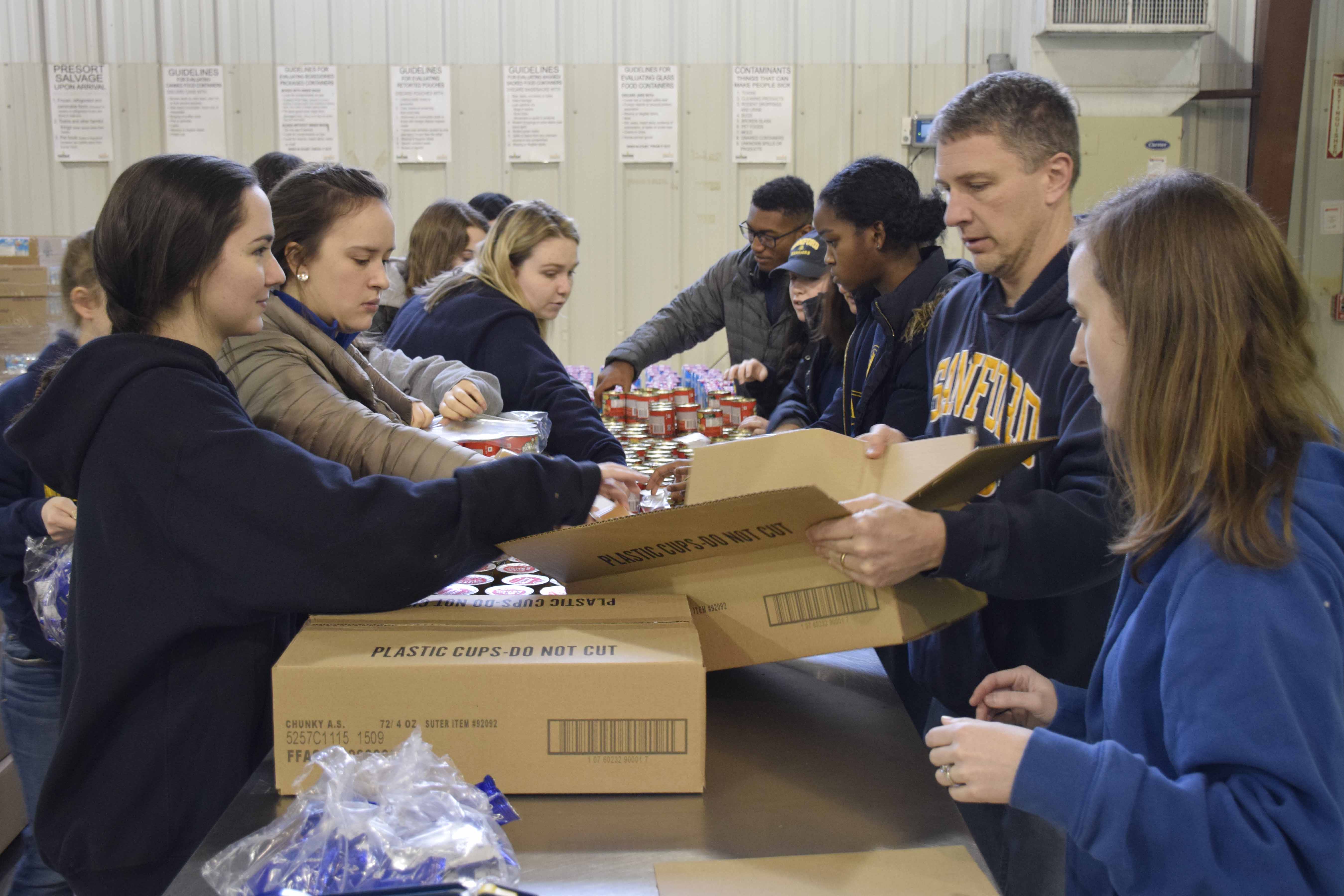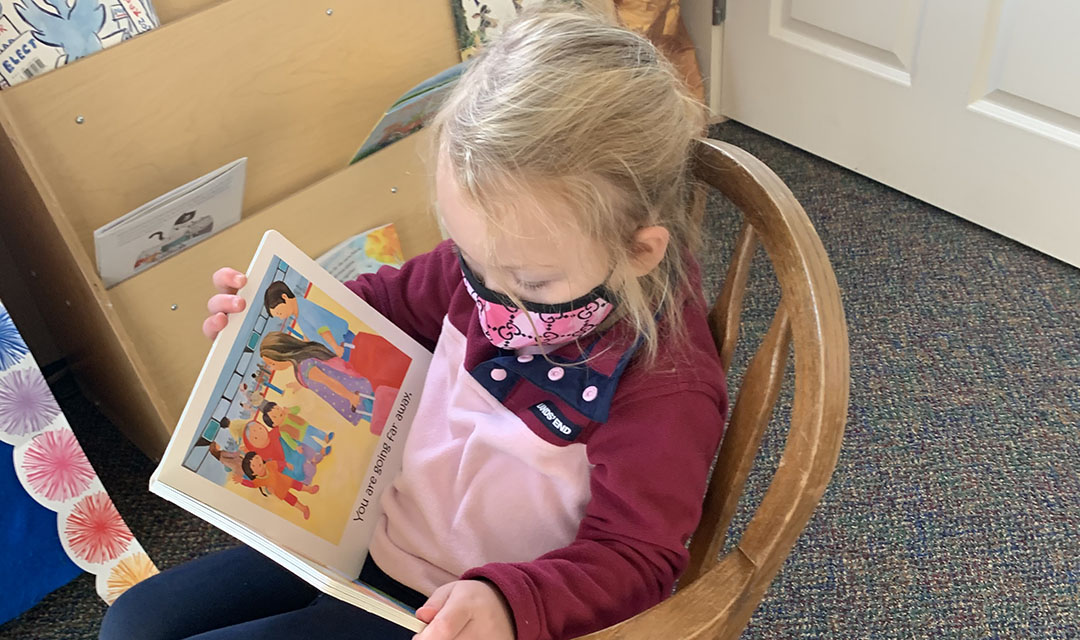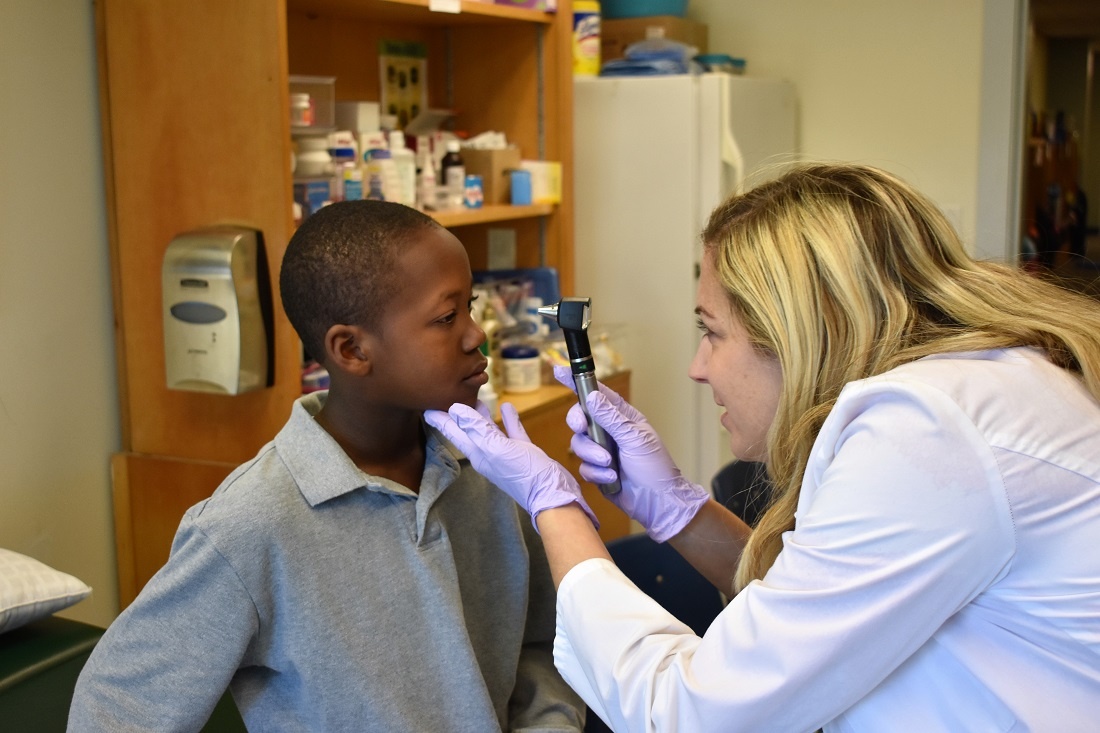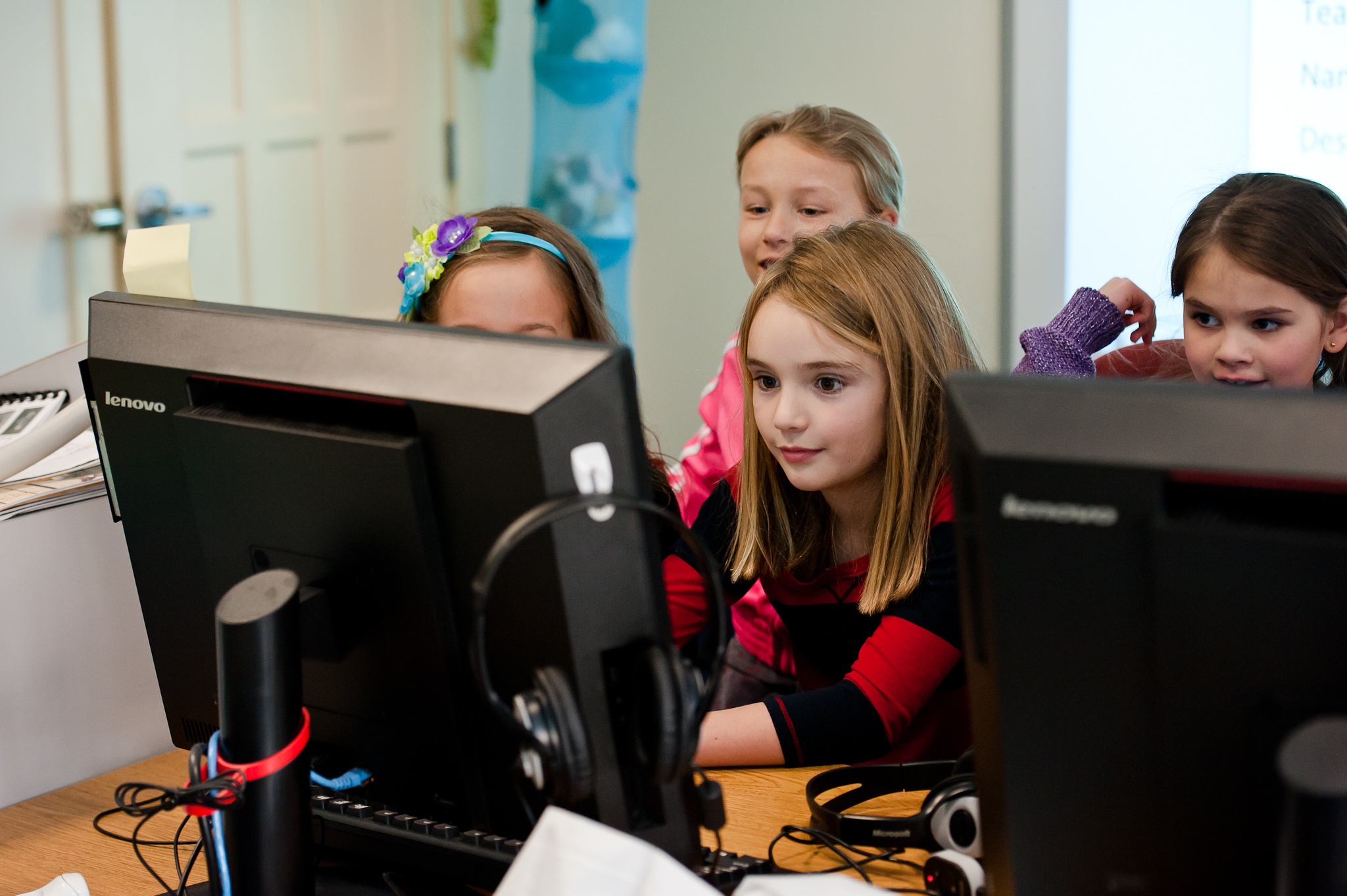Over the last twenty years working with Middle School athletes, I have learned the value of keeping kids active and instilling the importance of lifetime sports at a young age. Often, the lessons learned off the field are greater than the skills and strategies of the game. Many times, these life lessons are so much more impactful than just reaping the benefits of exercise
Why are Sports Important to Your Middle School Student?
Topics: Athletics, Health & Wellness
Learning Outside: Connecting Children with Nature
Topics: Education, Academics, Health & Wellness
Finding Character Education Programs in Schools
What if you had to choose whether your child would learn to understand algebra or be a kind person, but not both? Fortunately, we don’t have to make those kinds of decisions because good schools teach both academic skills and interpersonal skills. Most parents have an understanding of the academic concepts taught at schools and can find more specifics in a curriculum guide or a set of grade-level standards. But, where do you look to find out what schools are doing to help kids grow up to be kind and responsible adults? How do you get a sense of how kids treat each other at a particular school?
Topics: Education, Academics, Health & Wellness, Diversity
Service Learning: Developing Awareness and Empathy for Others
With all the attention to global issues and STEM in education these days, we can't help but be mindful of the roles of awareness, inquiry, collaboration, and appreciation of diverse points of view when solving problems. These approaches require a degree of outer-directedness and empathy, which any healthy school culture seeks to promote in its student body, staff, and greater school community. Service learning encourages these same attributes as students develop awareness of and attend to the needs of others both locally and globally. Students who participate in service learning develop into ethical, responsible, and caring human beings. They learn the importance of working together to support their communities by giving their time to help others. Research demonstrates the benefits of service learning.
Topics: Education, Academics, Health & Wellness
Growth Mindset: Cultivating Growth in our Schools
Over the last few years, it seems every book about leadership, education, or personal development mentions Stanford professor Carol Dweck and her theory of Growth Mindset. Essentially, “in growth mindset, people believe that their most basic abilities can be developed through dedication and hard work – brains and talent are just the starting point. This view creates a love of learning and a resilience that is essential for great accomplishment.”
In other words, people are always improving and learning. This is an important value for schools to remember and put into practice. Children, our students, come to us as works in progress. They are growing, developing and learning at their own unique pace. It is up to us as educators to meet them where they are and help them be the best versions of themselves—helping them to rise to the challenges in the classroom, learn from their missteps and celebrate their successes.
Fixed Mindset
I recently learned about a school that separates its homeroom classes based on standardized test scores. This is the ultimate “fixed” mindset —one group is smart and the other not so much or at least labeled in this way at this particular school. I imagine this mindset must creep into the psyche of these children. Which group do you think will work harder? Which students do you think enjoy coming to school each day?
Growth Mindset
In a growth mindset school, like Sanford, all students should see themselves as skilled and capable. Perhaps their talents are developing in certain areas, but “I can’t…” or “I’m not good at…” is not part of the lexicon. Some may need more time to master skills and content, but with master teachers at the ready to encourage and reinforce, students find their own personal success.
Ways Schools Can Use Growth Mindset
- Offering No Cut policies with athletics and an athletic requirement that sends the message that you can and will be on a team.
- Providing multiple levels of core courses – regular, honors, and Advanced Placement, with significant student and parent input as to what is the right level for a student. Class placement is not based on a placement test but on the students' desire to challenge themselves.
- Creating a culture where students celebrate one another’s success. This is a culture where students do not feel threatened by a fellow student’s success.
- Asking for feedback—how is the school doing? How can the school be better? This candid feedback is essential. Just as important—the school should listen. Just like we expect students to take our feedback and learn from it, we as educators should be learning and growing.
- Ensuring that students know that their process is as valuable as their product. They should not be judged on their standardized test scores or raw aptitude, but on their work and on how they persevere through the learning process.
The core of Sanford’s culture is growth—in our students as well as our educators. Hard work, effort, persistence, and a positive attitude are valued and encouraged. These elements of student success are timeless. This is where good teaching and learning stem from and what parents should expect to see in their child’s school.
Mark Anderson is the Head of Sanford School. Mark and his family moved to Delaware in 2011 when he assumed the headship at Sanford. He received his bachelor's in Elementary Education from the University of Missouri and earned his M.A. in Educational Leadership from Maryville University.
Additional resources:
Carol Dweck Revisits the 'Growth Mindset'
Mindset, The New Psychology of Success, by Carol S. Dweck
Topics: Education, Health & Wellness, Parenting Tips
Sleep Routine—One of the Best Gifts for Your Child This Holiday
'Tis The Season To Be Jolly!
As we plan holiday trips and travel, being mindful of children's sleep routines are equally, if not more important. As parents, the more we protect sleep routines, the happier the holiday celebrations will be. Consider the upcoming holiday hints to keep sleeping patterns a priority.
Topics: Health & Wellness, Parenting Tips
I’m bleeding down my leg, and my bike shorts are ripped, while I can barely hold onto my handlebars due to the road rash on my palms. My back wheel, untrue because of all the weight (50+ pounds) I have tied on top of it, is rubbing against the brake pads, slowing me down and making a sound like a rusty screen door. At an altitude of over seven thousand feet with a sunburnt neck, I have zero cell phone reception and am trying to stick close to the roadside shoulder as cars and RVs zip by me inches away.
Topics: Education, Academics, Health & Wellness
Talking with Your Kids About Social Media
Whether we like it or not, social media is here to stay. As the adults in our children’s lives, it’s smart to be savvy in our quest to keep them safe while still preparing them for life in a digital world. Are you starting from scratch to comprehend the vast world of social media? You’re not alone, and there’s a lot to learn! For starters, here’s our primer on the ABCs of Social Media.
Once you know what social media is, the next step is learning how kids use it. You’ll want to learn what sites your children are interested in using and find out what accounts they may already have. (Though your rules may be different, most social media platforms require users to be at least 13 years old to create an account.)
Ask your child:
- What do you like about social media sites?
- How do social media sites make some things more complicated?
- Do you ever find it hard follow the rules of digital citizenship?
- What happens when users don’t follow those rules?
- Have you ever been cyberbullied or do you know someone who has?
- How do you and your friends handle that?
- How do you keep yourself safe online?
Topics: Health & Wellness, Parenting Tips
The School Nurse: Helping Students Advocate For Themselves
Ice packs, band-aids, fevers, upset stomachs—I do it all!
But the one part of school nursing that I find most rewarding is helping students become their own health advocates. The path to self-advocacy varies with each individual student and, of course, by age. A school nurse has the opportunity to be an extension of the lessons learned at home in order to help lay a solid foundation of health and wellness for our children.
In the elementary school years, the school nurse can reinforce the value of proper hygiene, good nutrition, sufficient sleep, and physical activity among young children. These are necessary not only to achieve success in their academic journey, but to foster healthy peer relationships.
During adolescence, students gain more independence at home and at school. They need to have adults they trust for guidance to make good choices. As I get to know students through my work, I can become one of those trusted adults who can offer recommendations to help a student advocate for themselves with their parents, teachers, and coaches.
Topics: Health & Wellness
Digital Citizenship: Developing Good Character Online
Digital citizenship is a way to teach students how to use technology responsibly and respectfully—and it’s an important aspect of developing good character in our students. Because using digital media is a part of our everyday lives, we teach them how to manage their school Gmail accounts and Google Apps for Education for their learning. We also talk with them about how to manage themselves online, especially when using social media.
As educators, we think a lot about social media and how to use it effectively and responsibly. We work with our students to make sure they know how important it is for them, too. The guidelines our school uses for our own posts are designed to create a positive atmosphere online. We teach appropriate technology use to develop good digital citizens.
Topics: Health & Wellness, Parenting Tips, STEM


